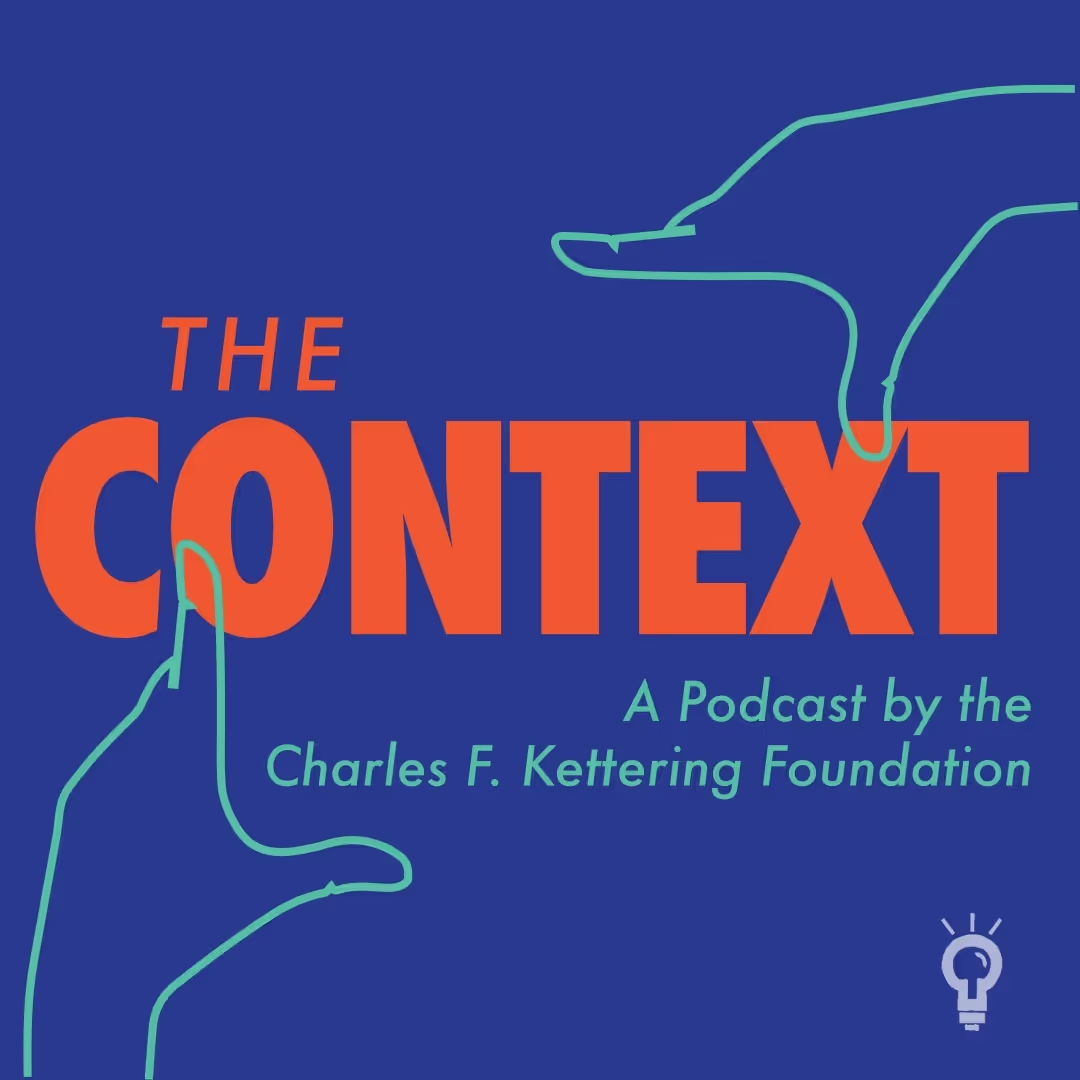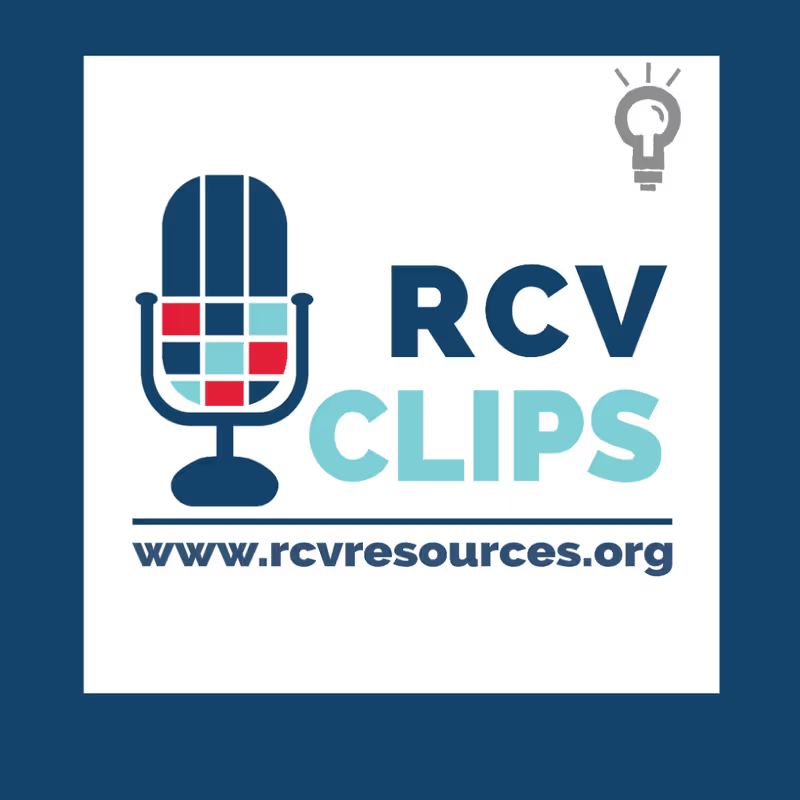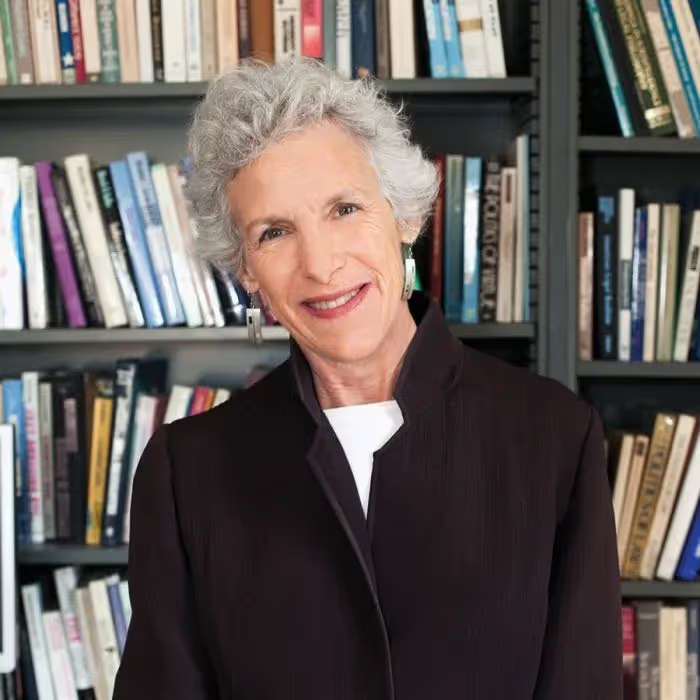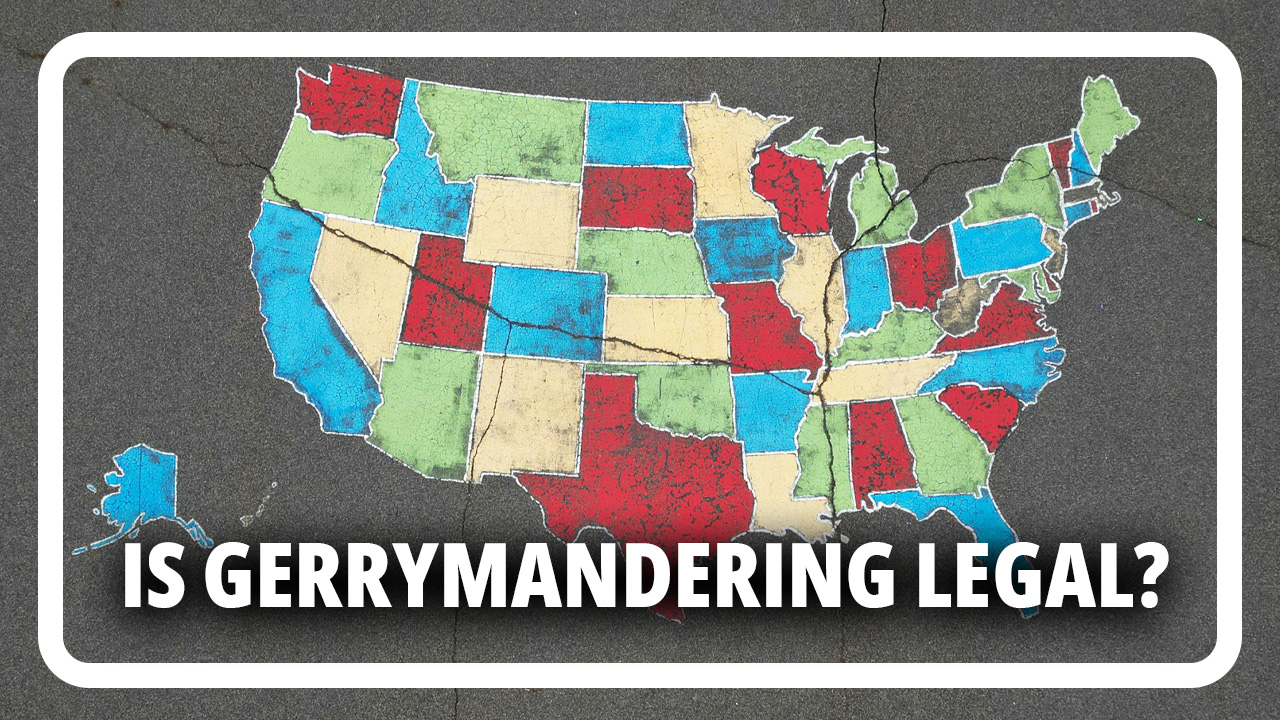.avif)
More than 20 years ago, State Department retiree B. Thomas Marking began exploring the potential for bringing direct democracy to America through the establishment of a fourth branch of government — The citizenry. Over time, the idea became a set of three novels called The Democracy Saga: Amendment XXIX, The Ninth Caucus and The Third Convention. These novels tell the story of everyday patriots reinventing the American political system.
In a conversation with The Democracy Group, author B. Thomas Marking shares how direct or participatory democracy might be the answer to our ailing system of government.
Tell us more about the idea of Citizenry and its importance.
B. T.: It has often been said that the highest office you can hold in this country is Citizen. That’s absolutely right! But becoming a true citizen means actively engaging in your own governance. Today, all we are allowed to do is occasionally vote for pre-selected candidates who then fail to represent us. Rather than choosing between Bad Candidate A and Worse Candidate B, The People need to have a meaningful role in the making of national policy.
The process that I’ve designed in The Democracy Saga allows for just that. It starts by creating a National Referendum System. People then volunteer to serve on a new body called The Caucus. Every three months, seven new citizens are randomly selected to serve. Their job is to agree on which national policy issue needs to go before The Citizenry for decision. This will usually be something the Congress is unable or unwilling to address. An example would be term limits. Once the referendum is held, and if a clear majority of those voting agree, the decision is binding on the other three branches of government to implement. This is how The People gain the sovereignty they were promised so long ago.
What are some of the challenges democratic ideas like Citizenry might face in the real world?
B. T.: One of the major issues we’re facing is that all the individuals and organizations that are advocating democratic reforms are stuck in their own little silos, each with their pet solution to everybody’s problem. I suppose I’m no different, but that’s our issue. If we ever got ourselves together on a single goal, that would be very powerful. But right now, we are pinpricks that the Congress can easily ignore. The key is to get the new revolutionaries all speaking the same language or going in the same direction.
How do you propose we get everyone together?
B. T.: I believe that my proposed Amendment XXIX is the easiest path forward. It does not push a particular solution. It simply opens the door for Citizens to find their own solutions. It gives The Citizenry a meaningful role in their government, while restoring the balance of powers our founding fathers designed. I would urge everyone to visit my blogsite to learn more about this approach: https://www.citizen-v2pt1.us.
The Democracy Saga is available on Amazon.

Democracy Works co-host Chris Beem joined host Mila Atmos to talk about changing the world for the better through the power of collectively being "good democratic citizens." The conversation argues that we need to change our culture in order to change our politics.
"That's all that culture is... enough people making decisions about what they care about, what they think is important and how they think we should all behave," Beem said.
Subscribe to receive a biweekly collection of the hottest podcast episodes from the network, upcoming special events, expert features, and news from your favorite shows.
Subscribe to our NewsletterThis is Jessie Nguyen, The Democracy Group's Community Manager. Here are some of my favorite podcasts this week, check them out!

In celebration of Juneteenth, host Alex Lovit sat down with historian, lawyer and Harvard professor Annette Gordon-Reed about her research on Thomas Jefferson and the enslaved family that served him — the Hemings family. Gordon-Reed discussed the history of Juneteenth and the transformative potential of reckoning with our country’s complex past.

In the season finale, hosts Kelly G and Chris Hughes discussed how ranked-choice voting has gained traction lately in Virginia, Colorado and especially in local elections in New York City. RCV Clips will return with a new season in September. In the meantime, give this one a listen!

This episode from Making Peace Visible, hosted by award-winning documentary filmmaker and our friend Jamil Simon, is one of my recent favorites. Jamil talks with environmental reporter Karla Mendes about her investigative reporting of the Brazilian Amazon, shedding light on the importance of protecting the rainforest.

Sam Park is a lawyer and politician. He serves as the Minority Whip of the Georgia House Democratic Caucus. Park is the first Asian American Democrat and the first openly gay man elected to the Georgia State Legislature.

Joan C. Williams is a psychologist, author and Distinguished Professor of Law at UC Law San Francisco. She is the author of 12 books and 116 academic articles in law, sociology, psychology, medical and management journals. Williams is widely known for “bias interrupters”— an evidence-based, metrics-driven approach to eradicating implicit bias introduced in the Harvard Business Review in 2014.
Subscribe to receive a biweekly collection of the hottest podcast episodes from the network, upcoming special events, expert features, and news from your favorite shows.
Subscribe to our Newsletter.png)
We kickstart the year with the exciting release of our fall 2025 fellows' podcasts and their inaugural episodes!
Read Post
The Democracy Group's Best Of 2025 series is back for another year!
Read Post
Is Gerrymandering Legal? Learn what gerrymandering is, how it shapes elections before votes are cast, and what citizens can do to protect democracy from unfair maps.
Read Post